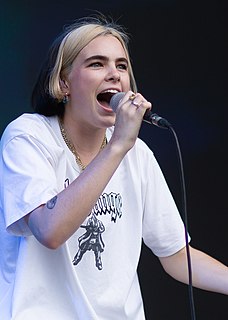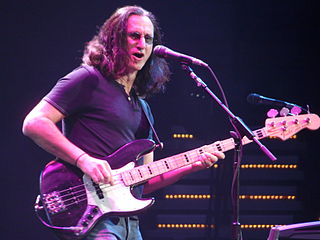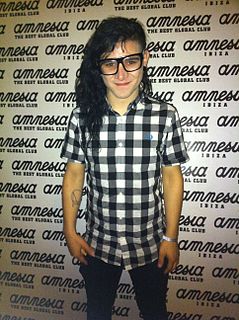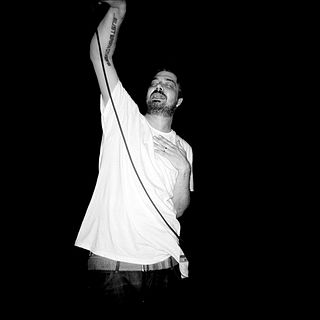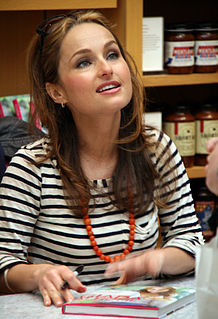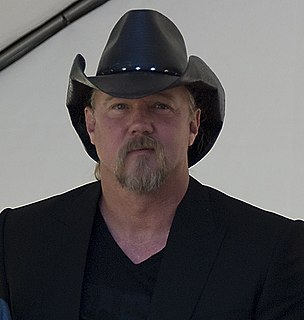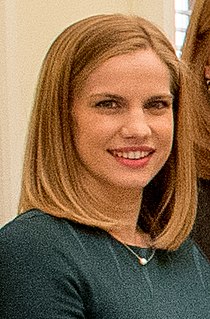A Quote by Benee
Related Quotes
For notes related to books I'm writing, I've wondered whether I should organize my notes better, but I do find that the action or scrolling through them and seeing odd juxtapositions of ideas helps to stimulate my own ideas and creativity. I worry that if I kept the notes in a highly-structured way, I might lose some of these benefits.
'A Fair Maiden' existed in notes and sketches for perhaps a year. When I traveled, I would take along with me my folder of notes - 'ideas for stories.' Eventually, I began to write it and wrote it fairly swiftly - in perhaps two months of fairly intense writing and rewriting. Most of my time writing is really re-writing.
When I'm singing a song on stage, I hate hypocrites. If you don't put yourself in that lyric and emote and be what that lyric says that you are, then you're just going through the motions and you're being hypocritical. I just take that same approach with acting. I just take the dialogue and I emote it and become that. I use the same technic.
I think leaders lead themselves, but leaders have ideas and maybe they're visionary ideas. Probably today, people would say Steve Jobs was a visionary because he invented this little gadget, the cell phone. But he didn't invent cell phones, and he didn't design the cell phone. He just took a couple of ideas and put them together, and no one else put those same ideas together as successfully as he did. But he had something that he was trying to do that intrigued him, and he could do it very well.
When employees tell you about their good ideas for the business, don't limit your response to asking questions, taking notes and following up. If you can, ask those people to lead their projects and take responsibility for them. From those experiences, they will then have built the confidence to take on more and you can take a further step back.
